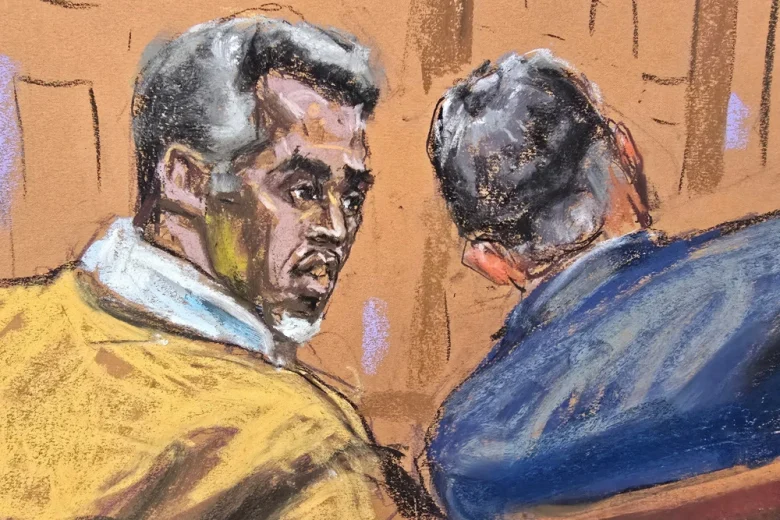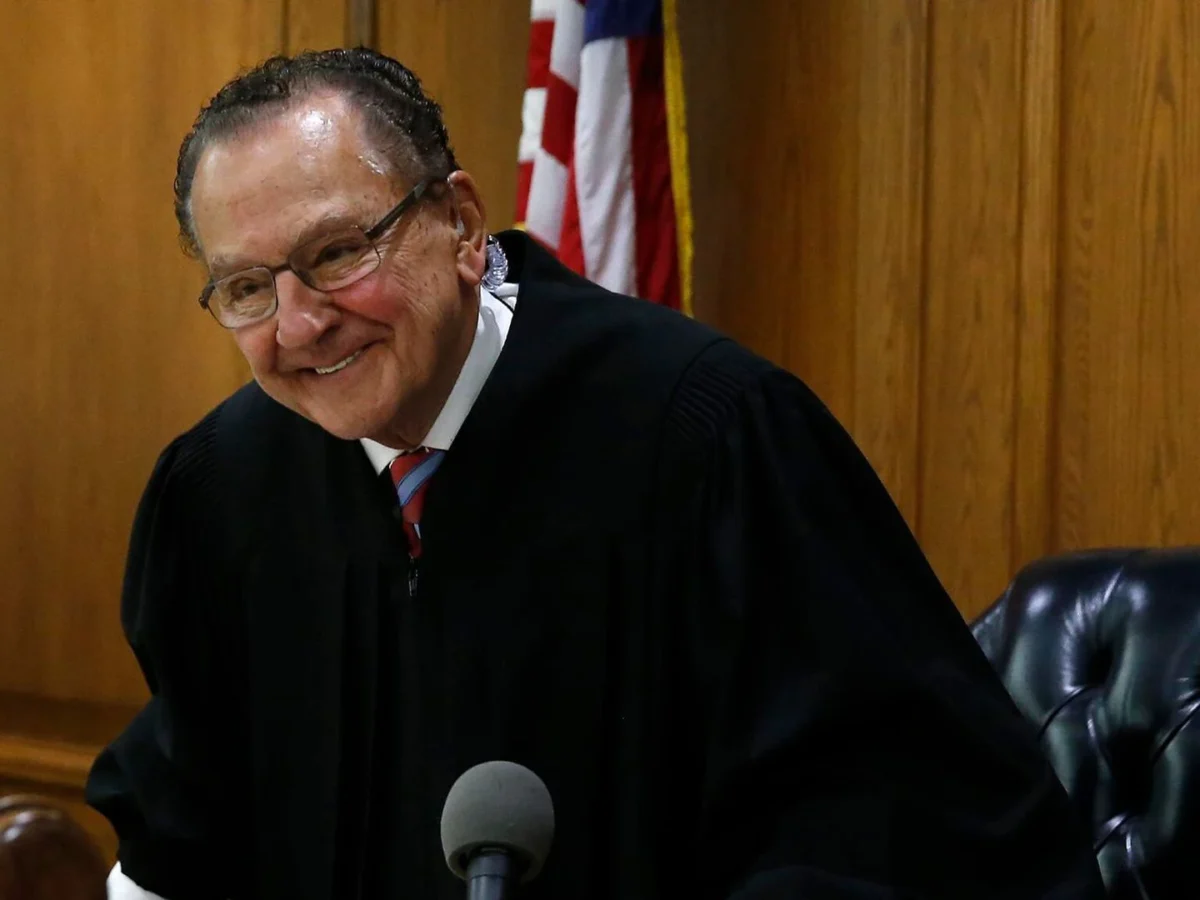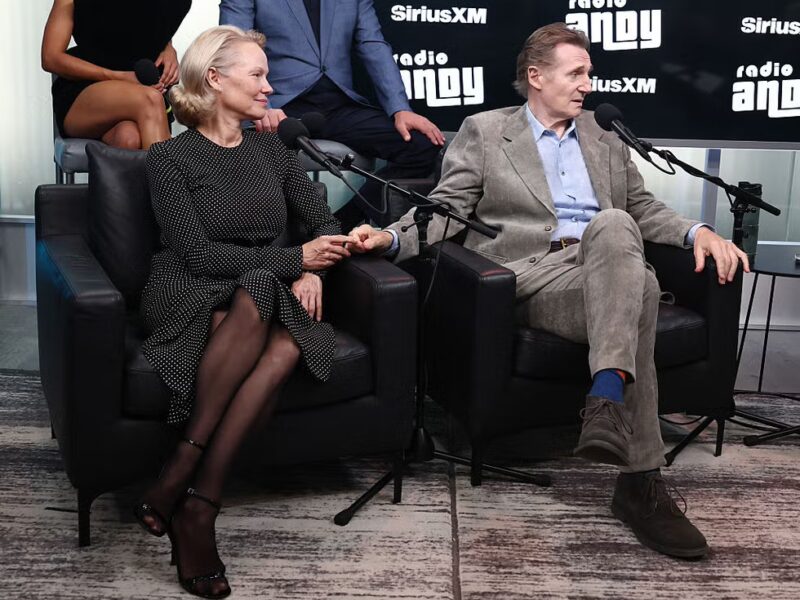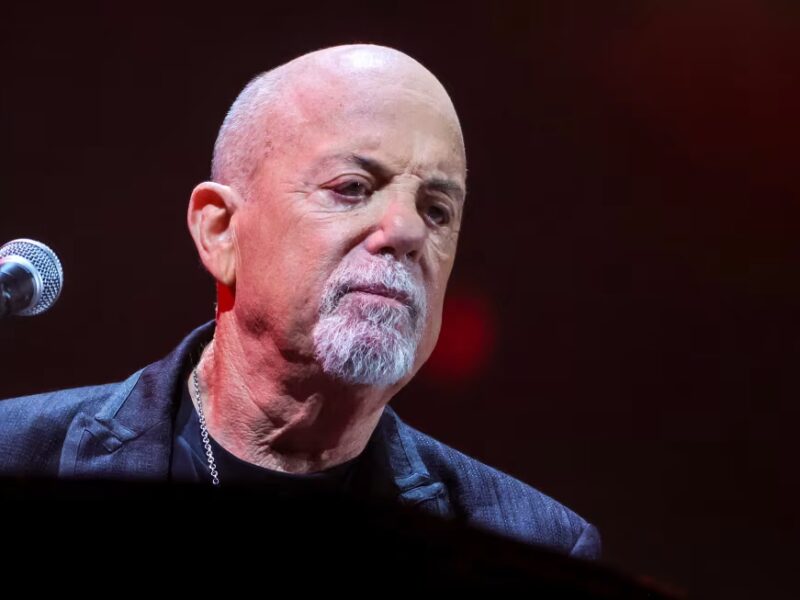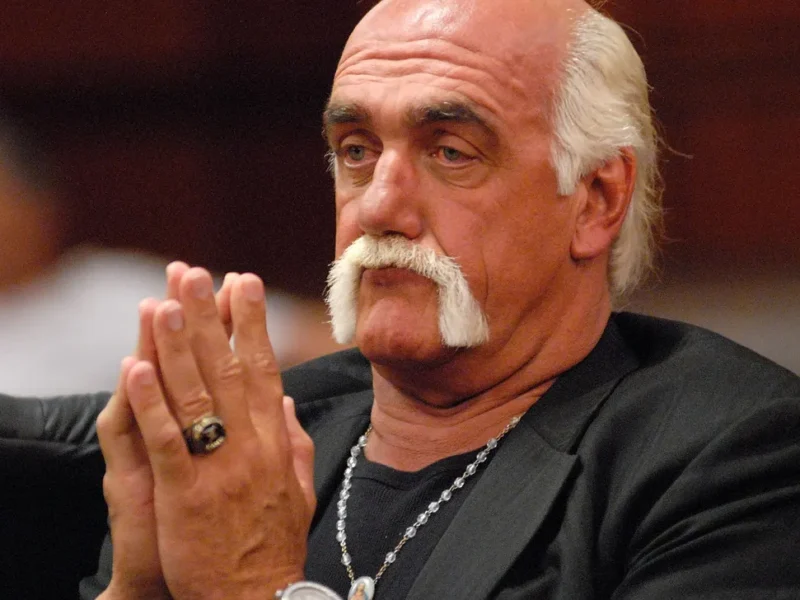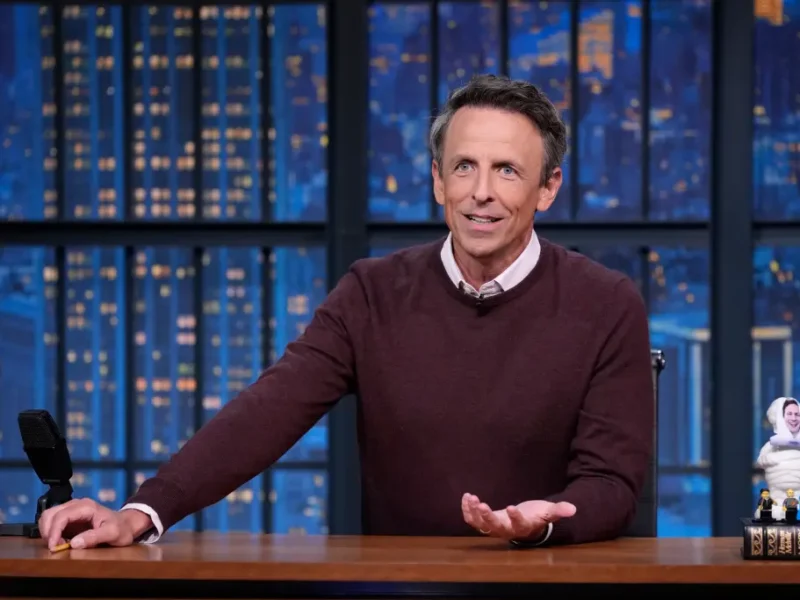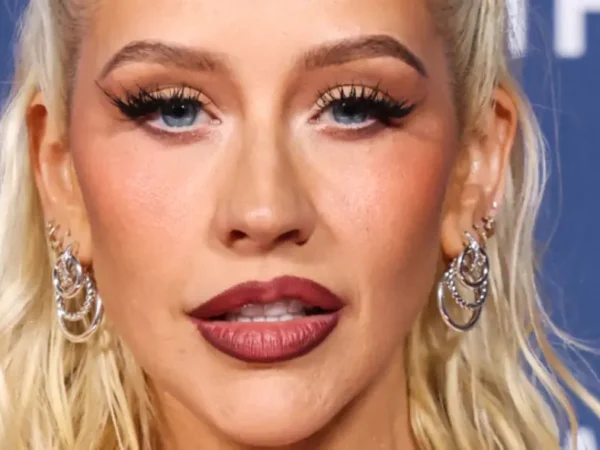Sean Combs' federal trial raises tough legal questions on racketeering and sex trafficking. Can prosecutors prove a criminal enterprise beyond shocking testimony?
The ongoing Sean Combs trial has captured public attention with its intense testimonies and shocking revelations. As the federal case unfolds in New York, prosecutors face the formidable task of proving serious charges including racketeering and sex trafficking. Legal experts observing the case emphasize that despite the emotional impact of early testimonies, especially from Combs’ former partner Cassie Ventura, establishing a criminal enterprise and coerced sexual activity remains a high evidentiary bar.
Combs, known in the music industry as Diddy, has pleaded not guilty to five federal counts: one of racketeering conspiracy, two of sex trafficking by force, fraud or coercion, and two counts of transportation to engage in prostitution. The case hinges not just on whether he committed abusive acts, but whether those actions constituted part of an organized, criminal effort.
Legal Hurdles in Proving Racketeering
To convict on racketeering conspiracy, prosecutors must show that Combs operated within a structured criminal enterprise that engaged in repeated illegal activity. However, several outside attorneys argue that so far, this narrative hasn’t fully come together in court.
Veteran defense attorney Tama Beth Kudman told NBC News she isn’t “seeing the development of a racketeering enterprise.” Instead, the prosecution has introduced varied allegations – from domestic violence to alleged arson – without yet drawing a cohesive connection among them.
One of the most sensational claims came from rapper Kid Cudi, who testified that his Porsche was torched with a Molotov cocktail after Combs discovered he had a relationship with Ventura. While Combs hasn’t directly responded to this incident in court, Ventura previously alleged in a 2023 civil suit that Combs threatened to blow up Cudi’s car. That lawsuit was privately settled.
Former federal prosecutor Mark Lesko emphasized that Combs doesn’t need to have personally committed arson to be liable under conspiracy laws. “They have to enter into some sort of agreement that involves the criminal conduct,” he explained. However, other legal voices like Mark Zauderer caution that such testimony alone doesn’t conclusively prove Combs’ orchestration of a criminal syndicate. “That could be a building block for something to come,” he added.
Sex Trafficking Allegations Hinge on Coercion
The sex trafficking charges against Combs rest on whether he coerced Ventura or others into crossing state lines for sex acts. Ventura’s four-day testimony painted a disturbing picture of abuse, control, and emotional manipulation. According to Ventura, she was forced into “freak offs” — group sexual encounters that she could not opt out of without fear.
Yet, this aspect of the case is legally complex. Kudman and others point out that while Ventura’s experience may reflect domestic abuse, it doesn’t automatically satisfy the legal threshold for trafficking. “You literally have to prove she was being trafficked and forced to commit a sex act,” Kudman stated.
Text messages presented in court suggest that Ventura at times appeared to willingly engage in these encounters. Another witness, exotic dancer Sharay Hayes, testified that Ventura seemed comfortable during multiple group sex sessions. These details, while controversial, complicate the prosecution’s task of proving coercion.
Forensic psychologist Dawn Hughes added context by explaining that victims of abuse often remain in harmful situations due to psychological and financial dependency. This perspective may help the jury understand Ventura’s continued involvement with Combs, but whether it will be enough to legally establish trafficking remains uncertain.
Will the Jury See a Criminal Organization at Work?
The prosecution faces the challenge of weaving together disparate claims into a narrative that Combs led a coordinated criminal enterprise. As former federal prosecutor Jennifer Beidel told NPR, “What they really need to show is that there was a criminal organization in play here that committed a number of illegal acts over time.”
This means that evidence of abuse alone, such as the 2016 hotel video showing Combs attacking Ventura, won’t suffice for a conviction on federal charges. Prosecutors argue that Combs used his vast business empire – including music, fashion, and alcohol brands – to mask illicit behavior. That claim, akin to a form of action laundering, places Combs’ legal team in a defensive stance not only against allegations but also against a broad structural accusation.
Still, the inclusion of witnesses like Ventura and Kid Cudi may prove strategic. Ventura, who was involved with Combs for over a decade, provides a longitudinal view of his behavior that might be easier for jurors to digest than multiple disjointed accounts. Her testimony could become the emotional and evidentiary backbone of the case.
The Southern District of New York, known for its high conviction rates, is likely to present more evidence in the weeks to come. But the ultimate question remains: Will the prosecution convince the jury that Sean Combs orchestrated a criminal enterprise, or will the case falter under the weight of its own complexity?


